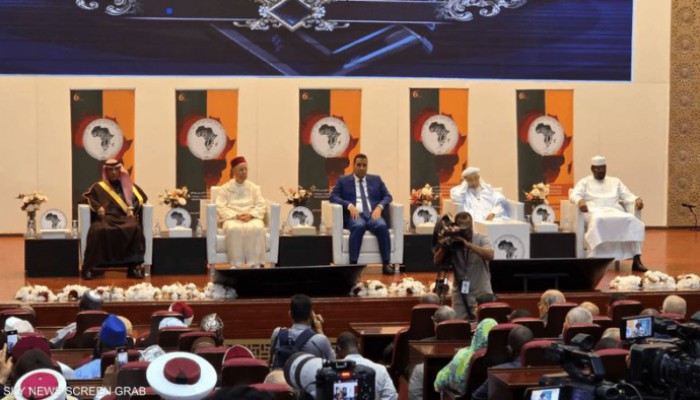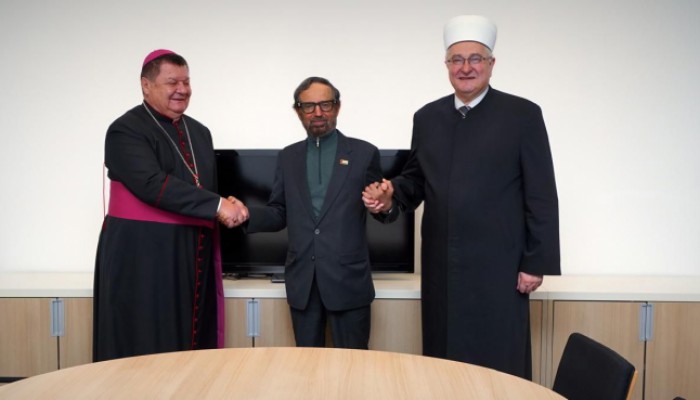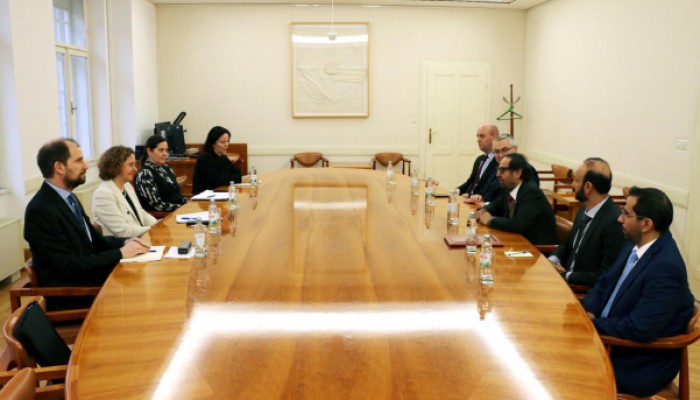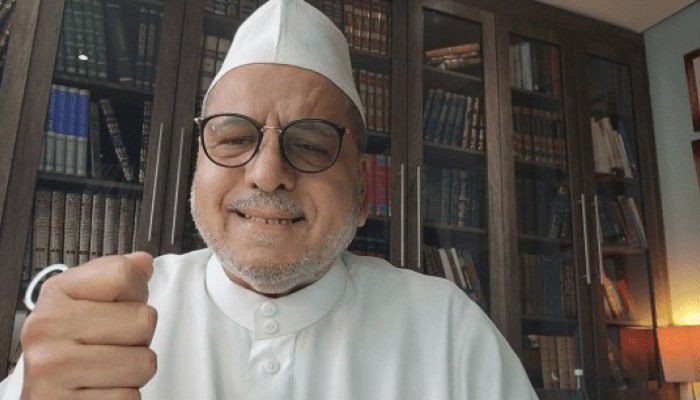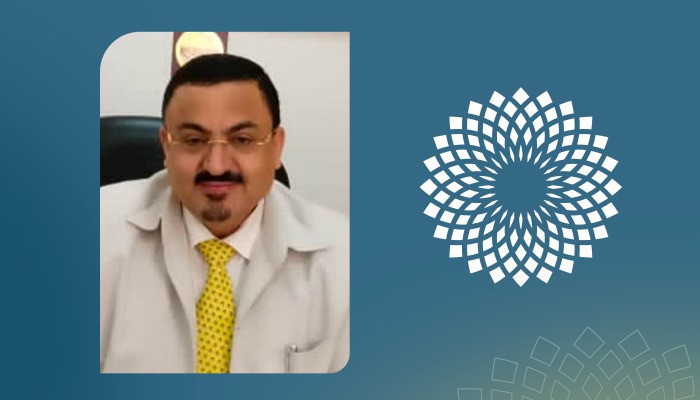
Dr. Ahmed Sobaihi: Ramadan is the month of worship and great victories
- 2021-May-08
Dr. Ahmed Subaihi said that Ramadan has witnessed many important events, as the victories of Muslims in Ramadan also constituted decisive turning points in the lives of Muslims in particular, and humankind in general. "Ramadan witnessed the revelation of the Qur’an tobour Messenger (PBUH), during which the call to prayer in the mosques was legislated, which began to be applied in Ramadan from the first year of the Hijra. Zakat al-Fitr was obligated to Muslims since the second year of the migration in Ramadan. Dr. Ahmed Subaihi enumerated many victories that Muslims achieved in Ramadan, such the Great Battle of Badr, which took place on the seventeenth of Ramadan, in the second year of the Hijra, while the eighth year of the Hijra, history recorded a unique Islamic event, the Conquer Mecca. He pointed out that the Muslims were conquer Andalusia in Ramadan in the year 92, while the 26th of Ramadan witnessed the great Battle of Hattin, which ended the Crusader invasion of the East, resulted in the liberation of the Kingdom of Jerusalem and most lands that occupied by the Crusaders. The Muslims, led by al-Zahir Pibirus, on the fourth of Ramadan, 666 AH, liberated the city of Antioch from the hands of the Crusaders, after 170 years of occupation. He said that on Ramadan 25th, in the year 658 AH, the battle of Ain Jalut took place, in which the Muslims won a crushing victory over the Mongols. It is noteworthy that the World Muslim Communities Council is an international non-governmental organization, headquartered in the UAE capital Abu Dhabi. It is considered a think tank to rationalize organizations and societies working in Muslim societies, renew their thinking and improve their performance in order to achieve one goal; The integration of Muslim societies in their countries, in a way that their members realize the perfection of citizenship and complete affiliation with the Islamic religion. The council seeks, through holding dozens of virtual conferences, seminars and activities, to localize the concepts of religious, ethnic and cultural pluralism, in a manner that preserves human dignity and respect for his beliefs, and establishes the values of moderation, dialogue, tolerance and belonging to the homelands.




